
Since Elon Musk became a senior advisor to President Donald Trump, the billionaire’s politics and work leading the Department of Government Efficiency have triggered a harsh backlash against his companies—especially Tesla.
Peaceful protests have been staged at the electric-vehicle maker’s dealerships, but Teslas have also been torched, and charging stations vandalized. Enterprising Amazon sellers are now making hundreds of thousands per month producing anti-Musk stickers for Tesla drivers who bought the car before it became a political symbol. Despite a slight uptick in the car company’s share price over the past week, the rise of DOGE has coincided with an overall slump in Tesla’s stock.
Amid the fury over this unusual situation, Ann Lipton, associate dean for faculty research at Tulane University’s Law School, says she has fielded questions from Musk critics about legal ways to deter the CEO from focusing his energy on Washington and prompt him to work instead on boosting Tesla’s stock price. In short: Can shareholders sue?
It’s an understandable question. However, the idea of suing Musk for Tesla’s losses is also misguided, according to Lipton, who researches corporate governance and the role of corporations in society. She says bringing a shareholder claim against Musk would almost certainly fail.
Instead, she tells Fortune, shareholders have only two realistic options: Try to push out or vote in new board members, or sell their stock.
“The system is predicated on the idea that lawsuits are a last resort for disciplining recalcitrant corporate managers, not a first resort,” Lipton wrote in a recent post on a site for business law professors.
Why not sue?
Musk and the Tesla board have been sued by shareholders in the past. Recently, several so-called shareholder derivative claims (in which investors sue the company’s directors or officers on behalf of the company) have been rolled into one large lawsuit in a chancery court in Delaware, where Tesla was formerly incorporated. (It’s now incorporated in Texas.)
But Lipton argues that a case that says Musk is harming Tesla by working with DOGE would lack teeth because plaintiffs would be hard-pressed to prove that Musk has intended to harm Tesla.
Any legal challenge would need to show that Musk, as the corporate manager, failed to show a “duty of care” and “a duty of loyalty” to shareholders, she explained. Proving a lapse in his duty of care would mean demonstrating that Musk acted with recklessness and a “conscious disregard of one’s duties,” she writes. But there’s been no sign that has happened. Regarding his loyalty, she writes: “He may be blinded to the effects his actions are having on the brand, but he hasn’t set out to wreck it, nor is he disregarding any specific action he knows needs to be taken on Tesla’s behalf.”
Apart from suing Musk, suing the board wouldn’t work either, the professor says. Corporate law isn’t designed to let shareholders sue when they disagree with the decisions boards make about how to run the business. Shareholders can only successfully sue when they think the board has failed to provide proper oversight.
Tesla’s board, which includes Musk’s brother Kimbal, has faced criticism for being too cozy with the CEO, but that’s not the same as showing a lack of good faith in its governance choices, says Lipton. In fact, the board has disclosed in SEC filings, including its most recent annual report, that the company is “highly dependent” on Musk, but he “does not devote his full time and attention to Tesla.”
“That’s the price that you pay for having Elon Musk as your CEO,” she tells Fortune.
In a legal challenge, you wouldn’t be able to show that Tesla directors are not paying attention, she continues. “They might legitimately think there isn’t much discipline that they can exert over Musk, or might even legitimately think this might work for Tesla’s benefit, to have Musk as close to power,” she adds. “These are the judgments that the board is entitled to make.”
A tipping point
Although lawsuits against Elon Musk or Tesla’s board are nonstarters, there are other ways that shareholders can voice their displeasure.
Stock owners always have the option of voting against board members at a company’s annual meeting, or banding together to stage a proxy fight to put their choice of directors on the board, says Lipton.
There’s also a much simpler option: Divesting their shares in the company as a form of protest. (A Danish pension fund, for example, recently made that move.)
Contrary to institutional investors who are feeling some pressure to drop Tesla stock, retail investors have shown loyalty and support for Musk over the past few weeks. But that could change, says Tim Rowley, a professor of strategic management at the University of Toronto’s Rotman School of Management, who believes that Tesla is uniquely vulnerable to a retail investor revolt given the higher percentage of shares owned by individual buyers.
Many of the Tesla car owners buying up anti-Musk stickers are also shareholders, he notes. And Rowley points to past meme-stock rebellions that controlled GameStop and AMC trading as an example of what could happen, should Musk’s fans turn on him and if their discontent hit a tipping point.
“When they do act,” he says of individual shareholders, “they can do some extreme stuff.”
This story was originally featured on Fortune.com
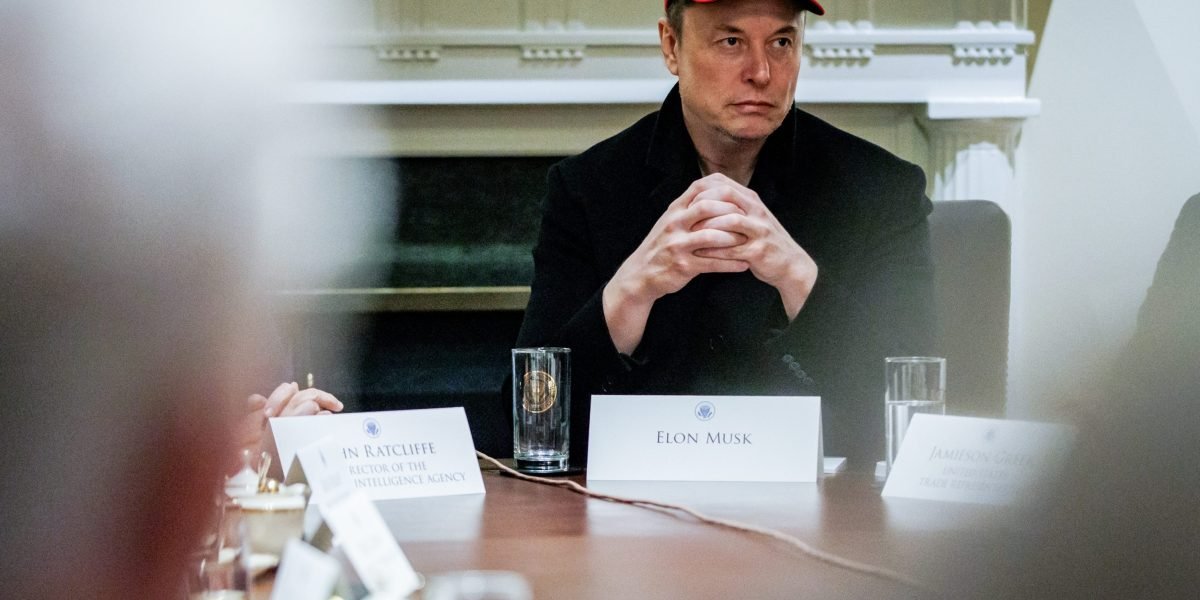



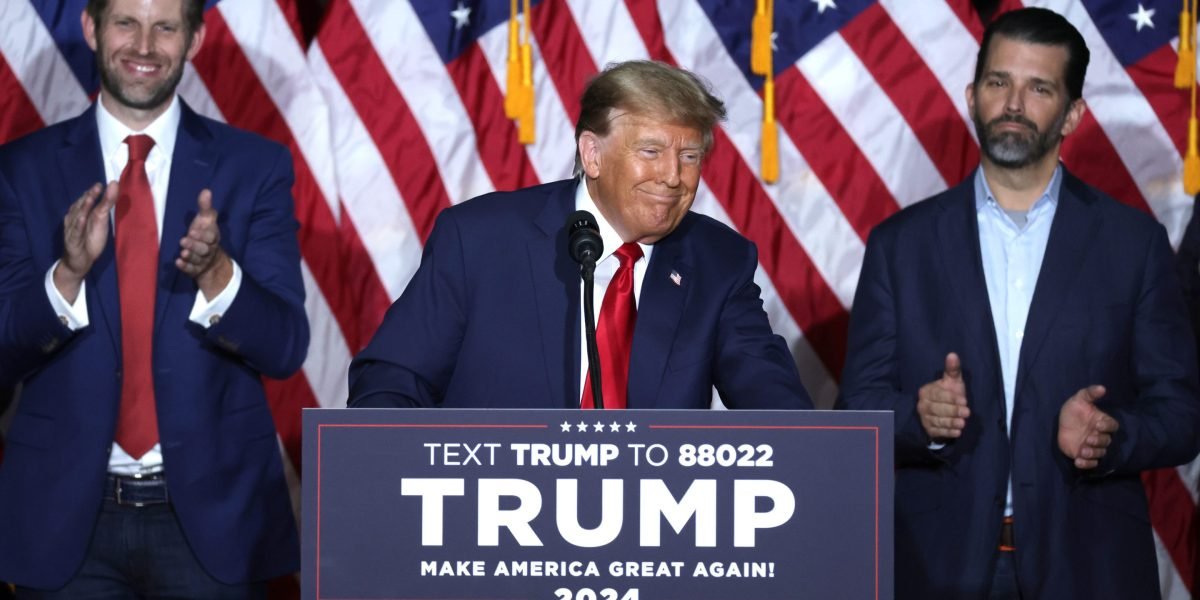
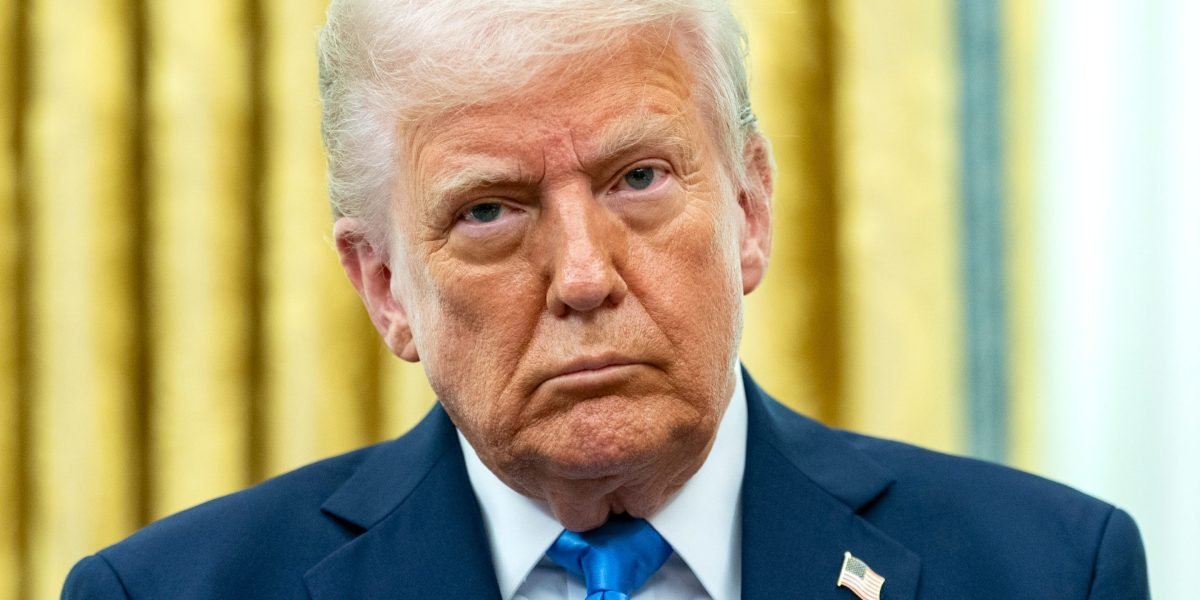
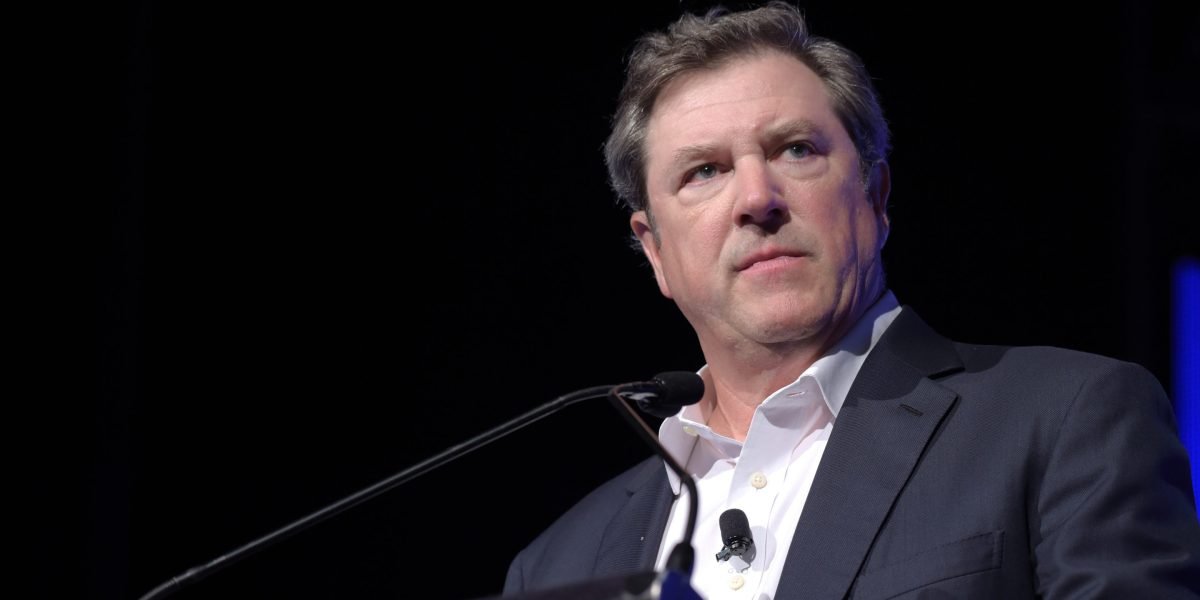



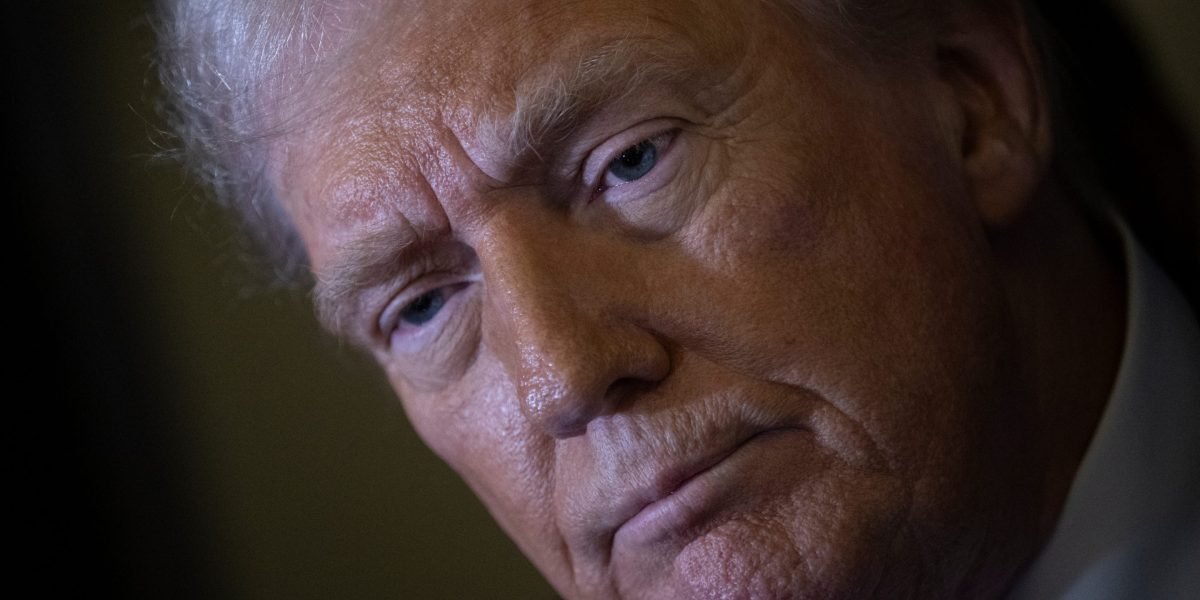


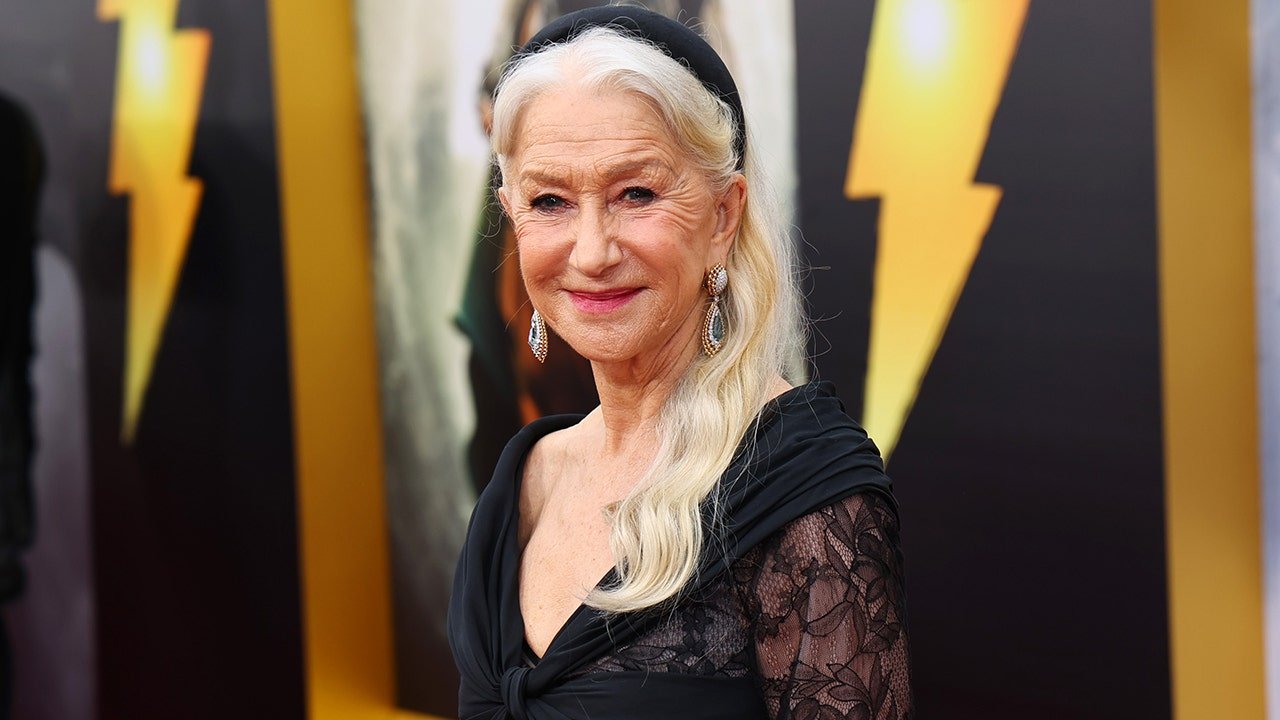

Leave a Reply